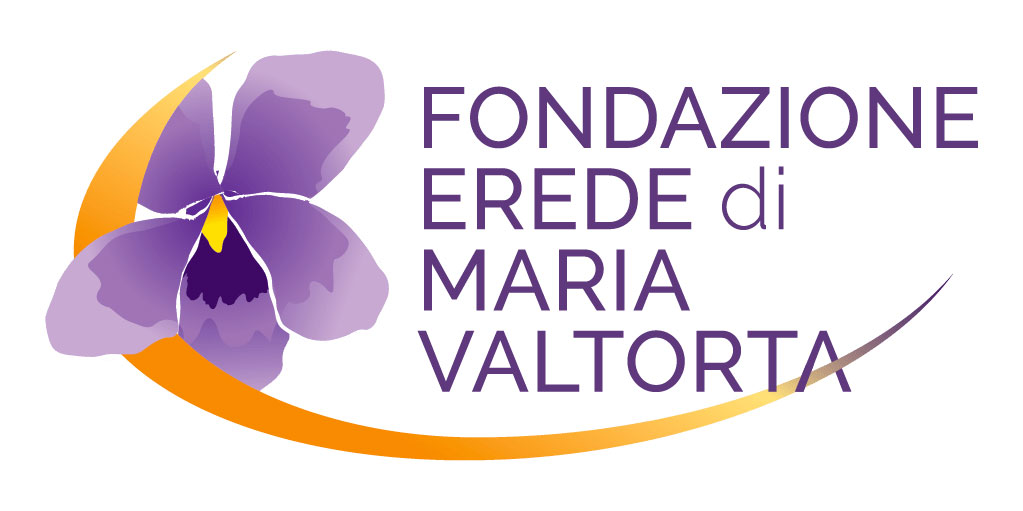’Art. 3, point c, of the Statute of the Heritage Foundation entrusts it with the task of “commissioning the works of new translations or the revision of existing translations of the works of Maria Valtorta and of any other Valtortian publication to experienced translators”; and art. 4 provides for the establishment of “a college of translators under the guidance of a coordinator”.
The existing translations of the Writings of Maria Valtorta cover the languages spoken in every part of the world, from European to Indian dialects. In some, especially the main European ones, the major works have been translated in their entirety and also, in whole or in part, the minor works. In others, the translation and publication of the individual volumes is gradually being carried out. In others, translations of selected passages, or at least partial ones, of Valtortian works have been published. For some others, such as the Armenian and the Indonesian, there was only the proposal to promote their translation. Altogether there are just under 30 languages.
Most of the authors of the existing translations volunteered, leaving the CEV, in its capacity as Publisher, the task of verifying the skills of the aspiring translator and compensating, once the agreement is concluded, for his performance. Not infrequently the CEV has had to undertake the task of resolving the doubts that a translator posed when interpreting certain passages of the Valtortian text. Finally, it was a right of the CEV to authorise, with formal agreements, the publication and spread of a translation, when it was not possible or not convenient to publish it and spread it on their own, and it was still a right (but also a duty) of the CEV to block or at least fight abusive translations with warnings and legal actions.
The rights and duties concerning the translations have passed to the Foundation, which will be able to manage them with more competence and authority through the “subsidiary bodies”, provided for in art. 4 of the Statute. The establishment of the “college of translators” will be of great importance, which will serve to put Valtortian translators in communication with each other to exchange experiences and ask questions, with the aim, above all, of striving for a faithful interpretation of the original Italian text in the correct literary form, which is specific to each language.
This project can be supported especially in the professional field with the help of the translations’ authors, both those who have already translated or are translating for Maria Valtorta, and those who are willing to do so. Financial aid will be used above all to support the costs of those translations which, although required, are not sufficiently compensated by sales, because they are destined for poor countries, or of predominantly non-Christian religion, or of difficult cultural and religious penetration.


